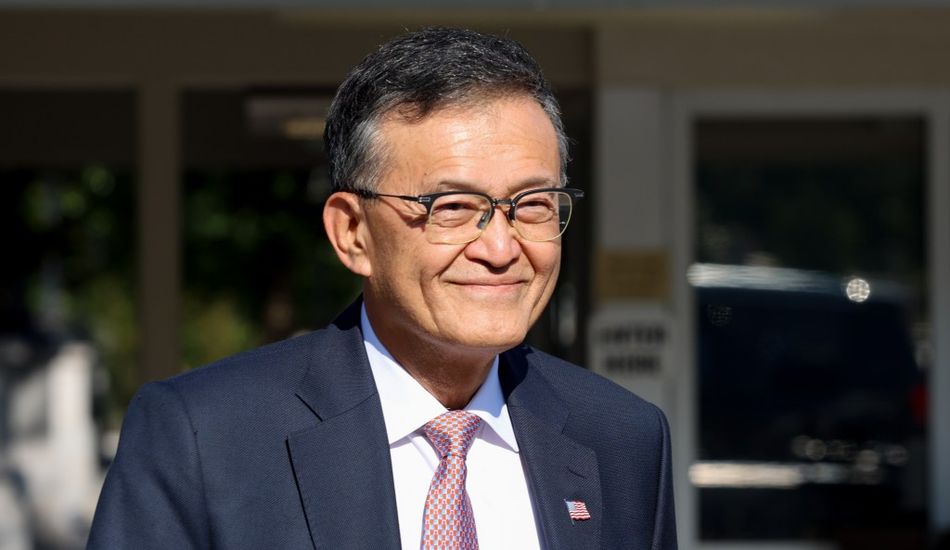
Intel's Turnaround: Big Investments Fueling Strategic Recovery
Intel's latest earnings report paints a much brighter picture than we've seen recently. Revenue is up, and net income has bounced back significantly. While those numbers are encouraging, the story behind the numbers is more complex and, honestly, more interesting. It's not just about selling more chips; it's about strategic investments and some serious belt-tightening.
The company has added a whopping $20 billion to its balance sheet, and that's largely thanks to major investments from some big players. SoftBank chipped in $2 billion, Nvidia threw down $5 billion, and the U.S. government has so far invested $5.7 billion of a planned $8.9 billion. I think these investments indicate a significant vote of confidence in Intel's potential.
Furthermore, Intel bolstered its financial position by selling its stake in Altera and Mobileye. So, it's clear that Intel is doing more than simply taking investment. Intel is actively re-strategizing what they focus on.
The Foundry Question
One of the biggest questions surrounding Intel's future is its foundry business, which focuses on creating custom chips for other companies. This part of Intel has been struggling, and CEO Lip-Bu Tan has initiated layoffs in the division. A lot of analysts think that the foundry business is really important for Intel's long-term growth. To me, this shows that Intel is willing to make hard decisions in order to get the company back on track.
It seems the U.S. government agrees. A key condition of their investment includes penalties if Intel decides to ditch its foundry business within the next five years. This shows a belief that a strong U.S.-based semiconductor manufacturing capability is vital.
While Tan insists Intel's foundry business is "uniquely positioned," he's been pretty vague about the specifics. He claims the company is actively engaging with potential customers and will keep a close eye on costs. Building a successful foundry takes time and trust, he says, emphasizing the importance of meeting customer needs for performance, cost, and timelines.
I think Intel's on the right path. The investments, the cost-cutting, and the focus on the foundry business could be the start of a real turnaround. But the devil's in the details, and it'll be fascinating to see how Intel executes its strategy moving forward.
Source: TechCrunch